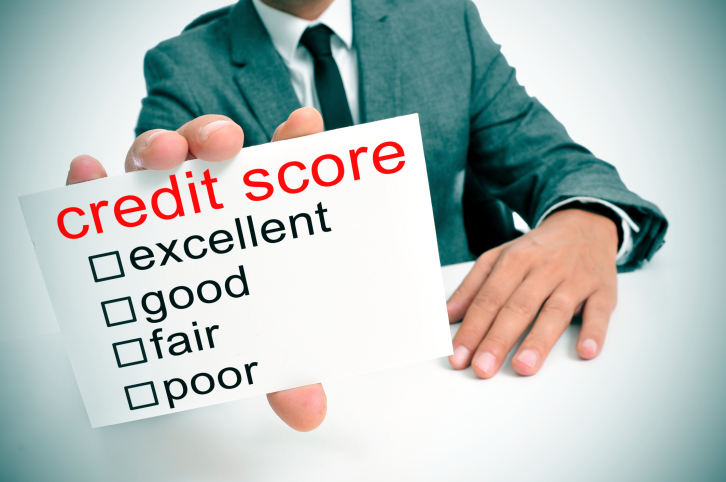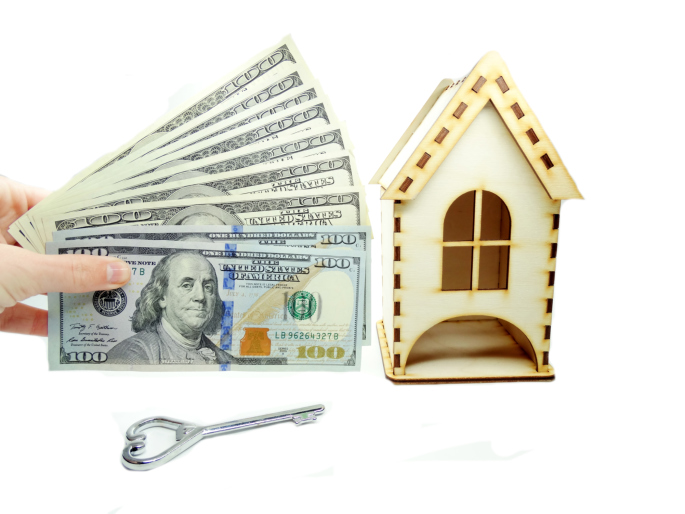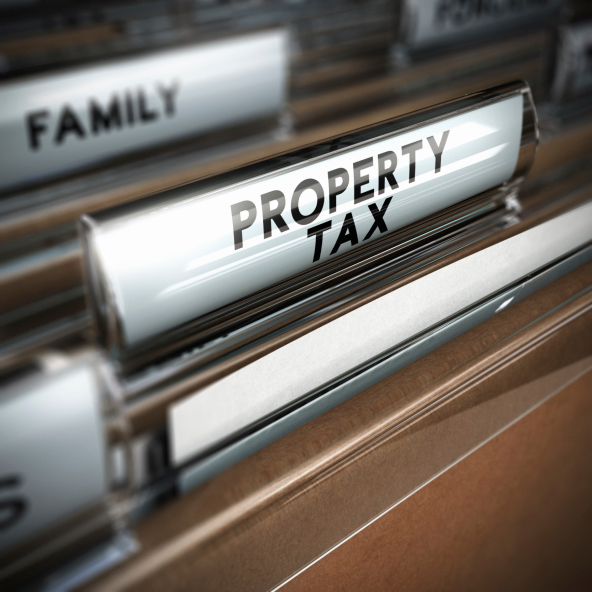 If you pay attention to your credit rating, you may be well aware that a single late payment reflected on your credit report can result in a decline in your scores.
If you pay attention to your credit rating, you may be well aware that a single late payment reflected on your credit report can result in a decline in your scores.
In some cases, the decline can be rather significant, and you will have to work hard to make regular payments over a period of time to show that you remain creditworthy and to rebuild your credit score.
It is far better to avoid late payments altogether than to deal with the stress and ramifications of a late payment on your credit report. If you have already missed the due date on your mortgage loan, you may be wondering what you can do to prevent this late payment from showing up on your credit report.
Contact Your Mortgage Company Immediately
Initially, contact your mortgage company to make payment arrangements and to discuss the situation. In some cases, a mortgage company may be willing to work with you on structuring a new arrangement for the payment to be made or you may even have a surplus in your escrow account that could be applied toward the payment.
You can also determine when they will report your late payment to the credit bureaus and how much time you have before you absolutely need to make the payment to avoid credit ramifications.
Make Your Payment Before The Next One Is Due
Generally, lenders will report late payments when they are more than 30 days late. While you may be assessed a late fee after the initial grace period has expired, you may not have technical late payment in terms of what credit reporting bureaus consider to be late. Generally, if you make your payment before the next mortgage payment is due, your late payment will not show up as a late payment with the bureaus. However, you do want to verify this with your mortgage company and work with them to bring your account current.
A late payment on a mortgage can have a substantial and negative impact on your credit rating, and it can take months or even years to restore your scores to their previous level. Rather than go through the effort to try to improve your score after the fact, it is best to avoid the late payment altogether. While you may have already missed a payment and may be required to pay a late fee, it may not be too late to avoid having this event reflected on your credit report.
Contact your lender today to learn more about your options and to make your payment.
 If you are thinking about purchasing your first home in the near future, then you need to be aware of the costs that you are going to take on. When you are looking at the cost of a home, it is very tempting to focus on the sticker price of the home. Even though the down payment is going to be the largest check you are going to write, this is not the only cost that you are going to pay.
If you are thinking about purchasing your first home in the near future, then you need to be aware of the costs that you are going to take on. When you are looking at the cost of a home, it is very tempting to focus on the sticker price of the home. Even though the down payment is going to be the largest check you are going to write, this is not the only cost that you are going to pay. If you are thinking about selling your home, then you want to make sure that you get as much money for your home as possible. Therefore, there is a solid chance that you are thinking about all of the places that you watched your kids grow up, the numerous parties that you hosted, and the countless holidays that you celebrated. To you, those memories are priceless.
If you are thinking about selling your home, then you want to make sure that you get as much money for your home as possible. Therefore, there is a solid chance that you are thinking about all of the places that you watched your kids grow up, the numerous parties that you hosted, and the countless holidays that you celebrated. To you, those memories are priceless.  When people are looking for a home, this is an exciting process. There is always something fun about looking at potential homes and envisioning a future there. This is a big decision. At the same time, it is just as important for people to think about how much of their money they should be spending on their mortgage. There are a few rules of thumb that people should keep in mind.
When people are looking for a home, this is an exciting process. There is always something fun about looking at potential homes and envisioning a future there. This is a big decision. At the same time, it is just as important for people to think about how much of their money they should be spending on their mortgage. There are a few rules of thumb that people should keep in mind.  Last week’s economic reporting included readings on housing market conditions, sales of previously owned homes, and housing starts and building permits issued. Weekly reports on mortgage rates and jobless claims were also released.
Last week’s economic reporting included readings on housing market conditions, sales of previously owned homes, and housing starts and building permits issued. Weekly reports on mortgage rates and jobless claims were also released. Are you about to buy a house or condo for the first time? Congratulations! Owning your own piece of real estate is a liberating experience and one that will provide you with the foundation to build your personal wealth and equity. Once you own your own home you’ll be responsible for a variety of new costs, including property taxes which are assessed by your local government to pay for municipal services. In this blog post we’ll share how property taxes work and what you can expect to pay when you buy your new home.
Are you about to buy a house or condo for the first time? Congratulations! Owning your own piece of real estate is a liberating experience and one that will provide you with the foundation to build your personal wealth and equity. Once you own your own home you’ll be responsible for a variety of new costs, including property taxes which are assessed by your local government to pay for municipal services. In this blog post we’ll share how property taxes work and what you can expect to pay when you buy your new home.